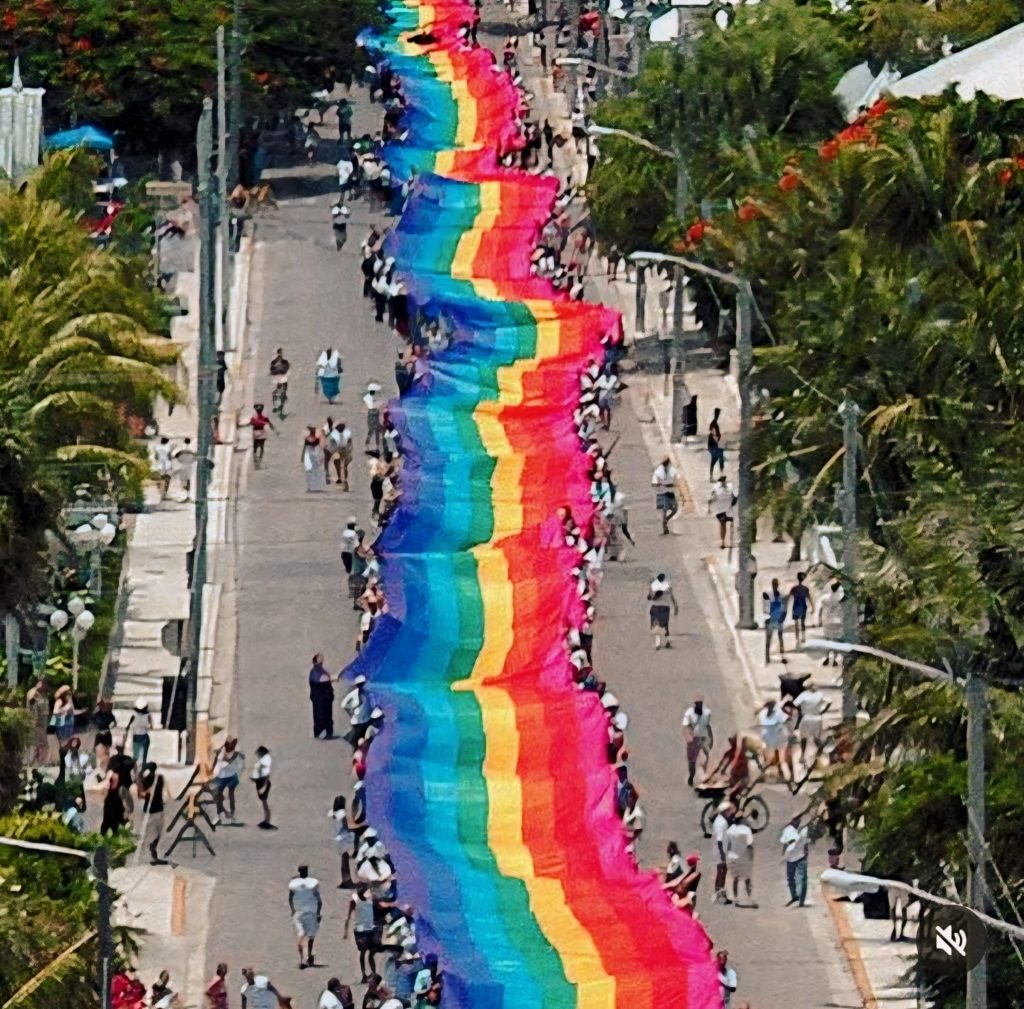Africa had anti-Western views long before anyone blamed the West for LGBT+ activism
Moïse Manoël-Florisse, is an African-Caribbean online journalist keeping an eye…
COMMENTARY: Tolerant Africans deserve respect, not rejection as if they are Western.
Anti-Western sentiment has existed in Africa since the first frictions between indigenous populations and European explorers and invaders in the 1400s. That context is often forgotten when homophobic modern Africans blame the West for inspiring African LGBT+ rights activists.

One strain of anti-Western attitudes can be traced back to the time of the Reconquista, when Christian armies ousted Muslim forces from Spain and Portugal and went on to seize Ceuta, Melilla and other Moroccan coastal towns.
In the 20th century, the anti-colonial wars of liberation in Algeria, South Africa, Kenya and the former Portuguese colonies have fueled anti-Western sentiment, as have the assassinations of pan-Africanist leaders such as Sylvanus Olympio in Togo, Patrice Lumumba in the Democratic Republic of Congo and Thomas Sankara in Burkina Faso.
More recently, homophobic Christian evangelists from the West began encouraging Africans to embrace harsh anti-homosexuality as part of the Christian religion that they first adopted from their colonial masters.
Many Africans mistakenly assume that opinions about homosexuality are a matter of pro-Western vs. anti-Western values. That was the approach that Ousmane Sonko, Senegal’s new prime minister, took during a recent debate at Dakar’s Cheikh Anta Diop University. Sonko described his belief that LGBT+ activists promote Western values when they seek decriminalisation of homosexuality. In opposing them, he sees himself as part of “anti-Western sentiment in many parts of the world”.
That claim was easy to make during verbal jousting with Jean-Luc Mélenchon, former candidate in the 2022 French presidential election, a Western advocate for the human rights of LGBT+ people.
But the human rights of LGBT+ Africans are not an exclusively Western notion. Neighboring Guinea-Bissau decriminalized homosexuality as early as 1993, followed by Cape Verde in 2004, long before LGBT+ rights came under the international spotlight. Other African nations did not become less African when they decriminalized homosexuality, as Mozambique did in 2015 and Botswana and Angola did in 2019,
In any case, the LGBT+ communities fighting for respect for human dignity and the decriminalization of homosexuality should not be made the scapegoats for antagonism caused by contrasts between civil societies in the South and those in the North.
We should also be looking at how anti-Westernists are exploiting the fight for equality to find new dividing lines between the West and the rest of the world.
They wrongly assume that LGBT+ rights are safe in Europe and North America, while overlooking the fact that Latin America, India and even parts of Africa are part of a global process of growing acceptance of sexual and gender minorities, drawing on their national legacies and their pre-colonial, indigenous and ancestral cultural heritages.




